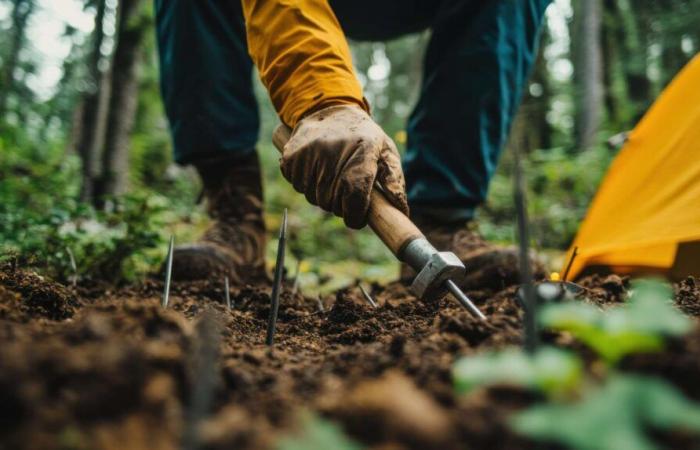The role of individuals in the fight against climate change, pollution or loss of biodiversity has been the subject of controversy in recent years.
But while we can debate the extent of their importance, small gestures must be taken into account when it comes to establishing a strategy at the national level.
However, these individual and daily behaviors are not taken into account in the biodiversity preservation policies of 90% of countries. This is the recent observation of a study by the University of Surrey, which highlights lightlight a major gap in national conservation policies.
This finding raises critical questions as leaders gather for COP16 on biodiversity in Cali, Colombia, right now.
COP16: the moment of truth for global biodiversity
The role of individualities blacklisted
« We have a blind spot in our biodiversity policiesexplains Melissa Marselle, co-author of the study. We talk a lot about big actions like resource management, but we often forget that our daily choices, like what we consume, also play a crucial role in the loss of biodiversity.. »
To define individual actions, researchers focused on farmers, consumers, hunters, fishermen, volunteers and local communities. And according to research, only 11% of policies in mattermatter of biodiversity address the essential role of eco-gestures for conservation.
Among these 11% who only touch on the subject, only 3% of them offer concrete recommendations to encourage people to change their behaviors to move things forward.
« From the food we eat toairair that we breathe, nature is at the heart of our daily lives. If we do not act now, we risk harming our environment and compromising the future of next generations », Explains the researcher. Every little action counts and it is time to act together to protect our Planet.
Climate change: how long do we have before the point of no return?






